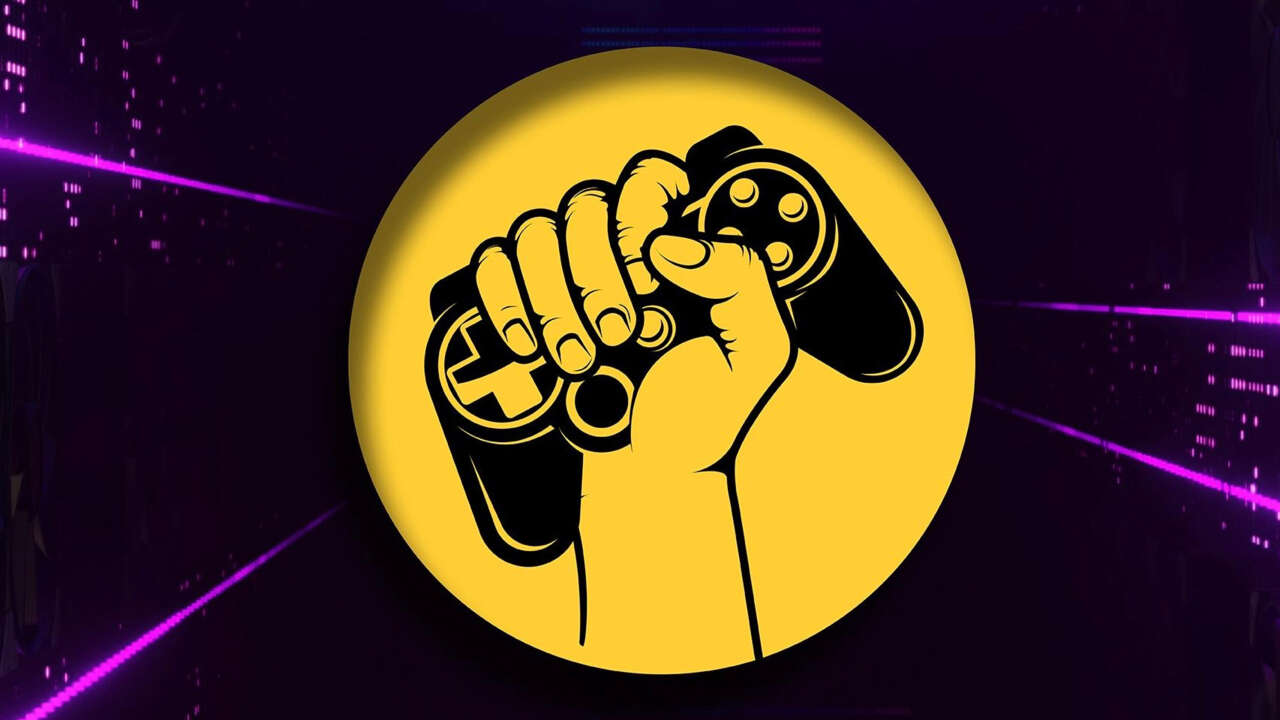Yesterday, performer’s union SAG-AFTRA announced a deal with AI voice studio Replica Studios that would allow game developers to use AI-generated voices on union projects. The announcement was met with outcry from many of the industry’s most prolific voice actors, who claim they were blindsided by the agreement.
Today, the union and Replica have both revealed more details about the agreement, including releasing the full text of the contract itself, complete with compensation requirements and details around consent and protections required for using AI voices.
While SAG-AFTRA’s initial press release stated that the agreement was approved by “affected members of the union’s voiceover performer community,” an FAQ released today clarifies that the bargaining was done by the union’s Interactive Media Negotiating Committee in a process that has been “years in the making.” SAG-AFTRA also explains that this contract was not required to be sent out to members for a referendum as it “only sets terms for a single company.” Per the terms of its constitution, this kind of contract can be approved by the executive committee.
The FAQ also clarifies that this deal is seperate to the Interactive Media Agreement that is currently being negotiated with a number of major players in the games industry–though it notes that the Replica Studio agreement’s terms are in line with the AI protections currently being bargained for. The strike authorization related to those negotiations is still current, and could still be triggered sometime this year.
In clarifying the agreement, SAG-AFTRA acknowledges that the decision won’t be popular with all its members, noting that “member viewpoints on AI vary greatly, from those who would like to ban it to those who are excited about the opportunities it presents.” The union’s approach to AI is to get in early on the emerging technology, establishing ethical practices before its use becomes widespread in the industry.
Today’s full Instagram Live on the Replica Studios agreement will be available on our Instagram soon! For now, learn more about the agreement on our website: https://t.co/cv903BNN5i
— SAG-AFTRA (@sagaftra) January 11, 2024
The agreement has two parts–a development contract that governs the recording and creation of an AI voice (called a “digital replica” in the contract), and a contract that covers licensing and use of said digital replicas to develop a game.
In terms of compensation, voice actors will be paid a standard union fee for the initial recording session to create a digital replica, and further compensation if they wish to allow Replica Studio to continue to use the replica after a certain time frame. Actors can also negotiate compensation for a replica to be created from previously recorded material, with the minimum payment equal to a standard recording session–this also covers deceased performers, if an agreement can be reached with their estate.
Actors can then license their digital replica to be used in games, with payment calculated per every 300 lines of dialogue or 3000 words (with “words” also including other sounds such as monster noises.) Studios can also pay actors to get access to their digital replica for pre-production–for instance, using the AI voice for placeholder dialogue. If any of the replica’s dialogue is used in a publicly-released version of the game, the actor is entitled to further compensation.
The contract also builds in protections for actors who are licensing their replicas–for example, the actors have the right to know what game their voice will be used for before approving, and can stipulate whether it can be used for content that contains “profanity, depicts sexual situations, is religious, political, or controversial.” The contract sets strict time limits on all use of digital replicas, with extension on these time periods requiring the actor’s consent, and often further payment.
The agreement has a lot of limitations–for example, it only covers use in video games, so Replica’s voices couldn’t be used for animated film or TV. It also specifies use for “linear scripted content only,” with the union noting that procedurally generated content would have to be negotiated seperately.
SAG-AFTRA has called the agreement with Replica as “experimental,” with a limited one-year term that will serve as a kind of test run for AI in games. The union has also mentioned that it is currently negotiating on similar deals with other companies.
You can check out the full text of the contract here, or SAG-AFTRA has provided a summary of the terms of the agreement that’s a little easier to read. Replica has also posted more details on its website, with information targeted to both voice actors and studios thinking of using its digital replicas for development.
